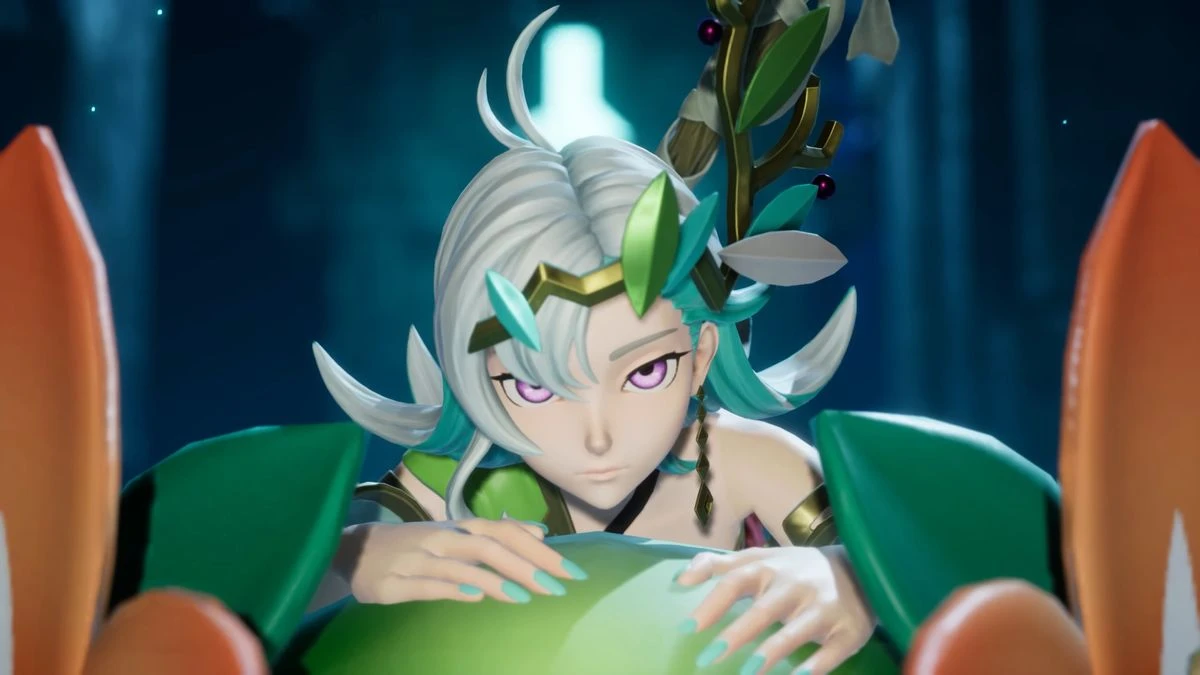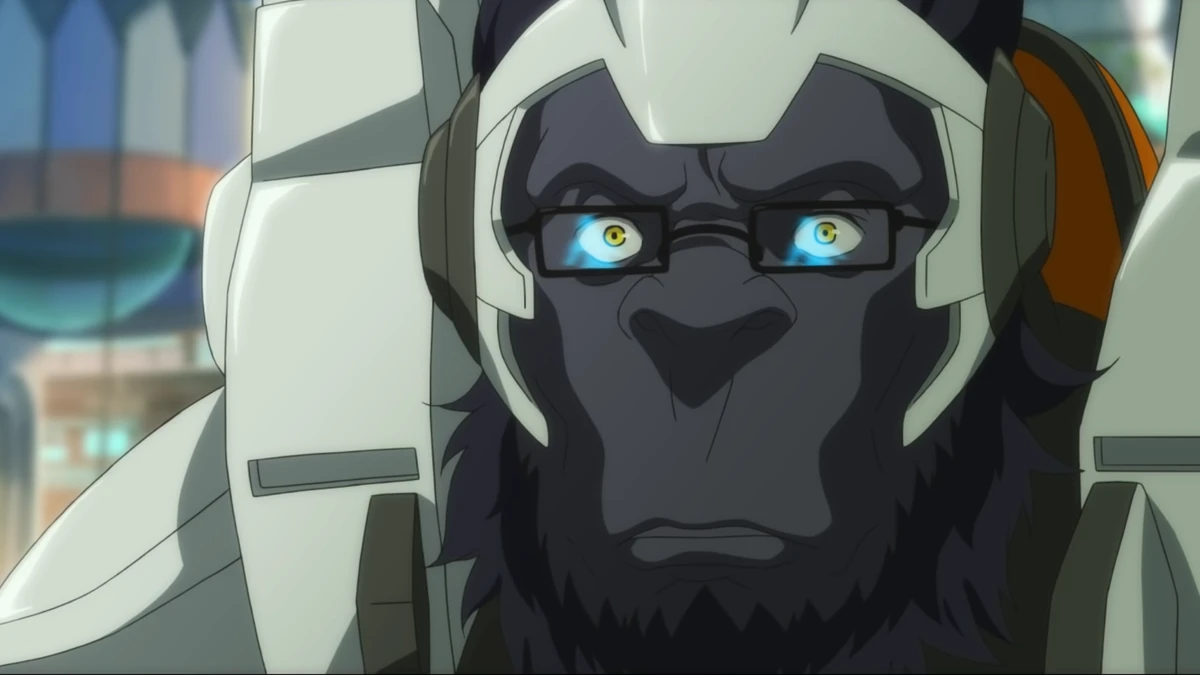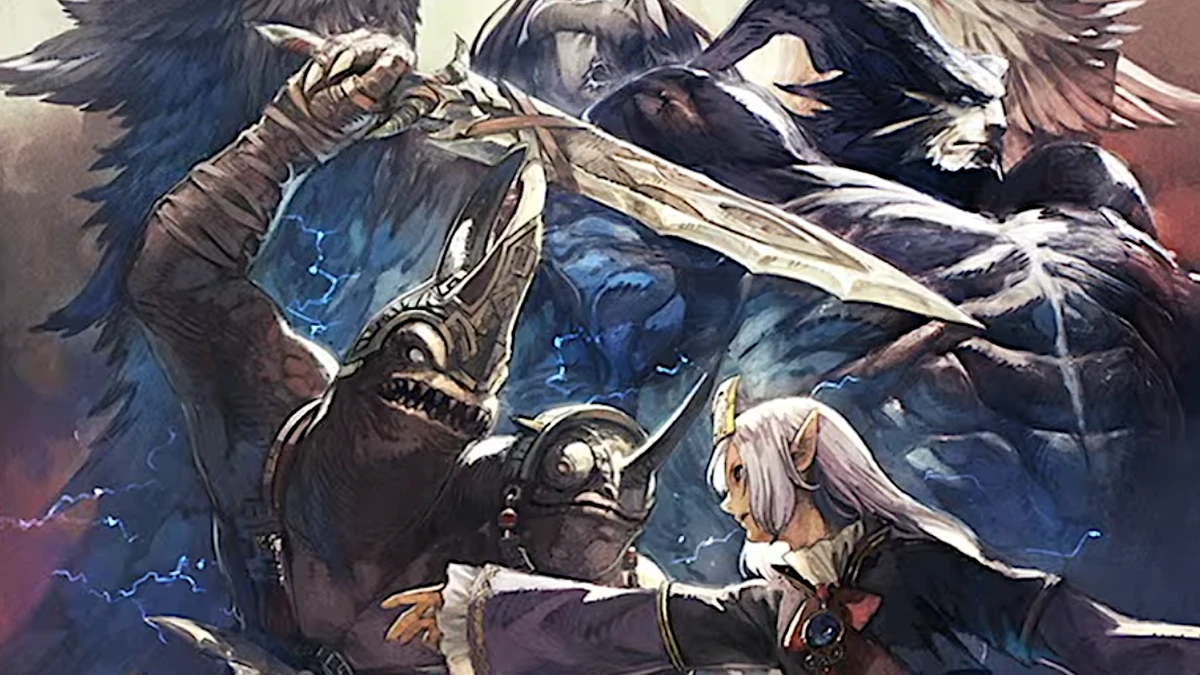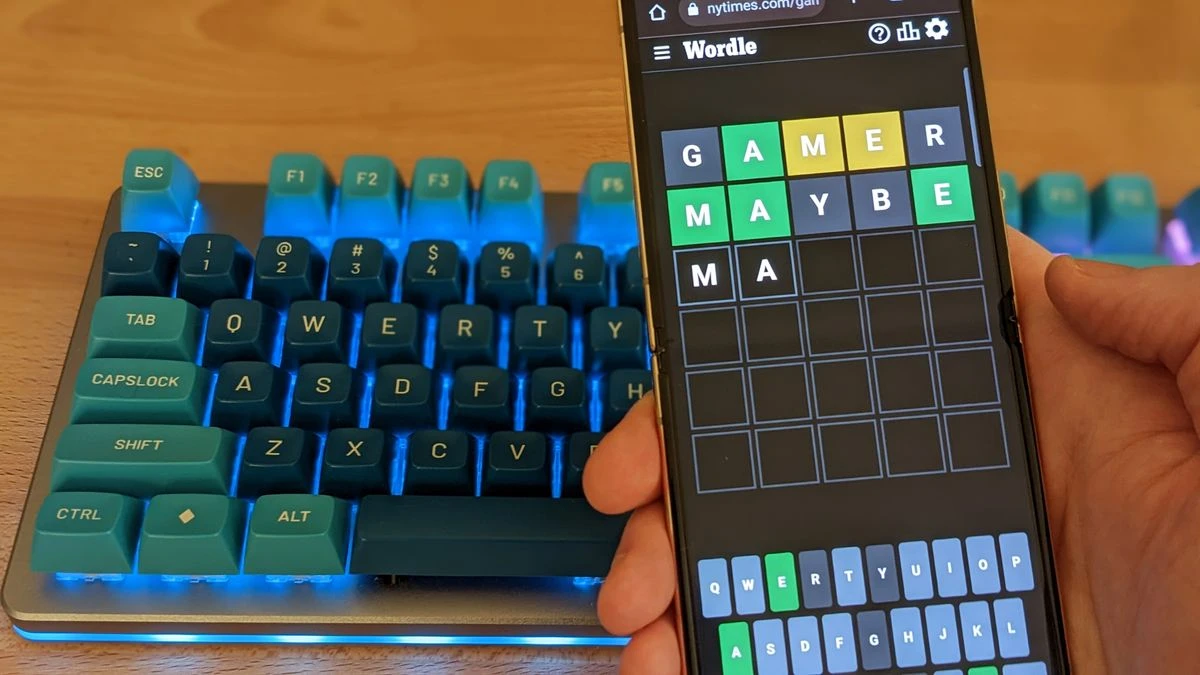Nintendo has filed for the patents that it is suing Palworld over in the US, though some (non final) rejections may complicate the matter.
In case you missed it, Nintendo, the notoriously litigious Pokemon rights-owner, decided to sue Pocketpair, the developer of Palworld, for patent infringement in the middle September of this year.
IP attorney Kirk Sigmon explained to PC Gamer that Nintendo must convince the Japanese legal system of Pocketpair's infringement on a concept that they believe is novel, non-obvious, and "new". It cannot be creative work. It cannot be a brand. Patents must be unique.
Patents are specific to each country. Nintendo, on the other hand, seems to be going directly to the source and filing for patents directly in the United States. This makes sense, given that Nintendo has branches in America and is interested in preventing other developers from using the same toys.
Kiyoshi Kurihara discovered this information on behalf of Yahoo Japan. (Thanks, Automaton) Andrew Velzen, MBHG's associate, wrote for Gamesindustry.biz. The applications, US18/652.874 and US18/652.883, are pending as of this writing. They were filed earlier this year and have priority "Track One". The latter includes images that are identical to those that our own Lincoln Carpenter spoke about in the immediate aftermath of the news.
Velzen notes that both patents were given non-final rejections. I'll use his phrasing to avoid weighing you down with numbers. US-App-3 was rejected because it "lacked subject matter eligibility", whereas US-App-4 had been rejected due to "obviousness".
A non-final reject is essentially a finding that the patent examiner has made. Wysebridge, an online resource for lawyers studying for the patent bar exam, describes these situations in a very optimistic way, calling them "an opportunity for improvements". Nintendo is not out of the race yet. They have until October 19th to respond to their first objection and October 31st to respond to their second objection.
It's tricky though. When we spoke to Sigmon he said that Nintendo was exposing themselves in a "big" way. As Sigmon notes, being too broad with patents gives Pocketpair a "pathway to make the patent disappear, because you've allowed them to prove that it already existed." It is reasonable to assume that any changes made to the US version would increase the likelihood of this happening.
Kurihara concludes his analysis by saying that "although Nintendo has been steadily preparing a lawsuit in the United States it does not appear to be in a situation to file one immediately."




Comments